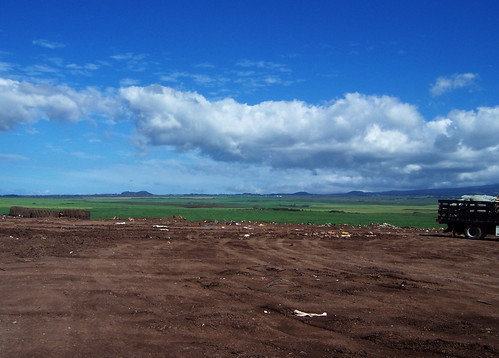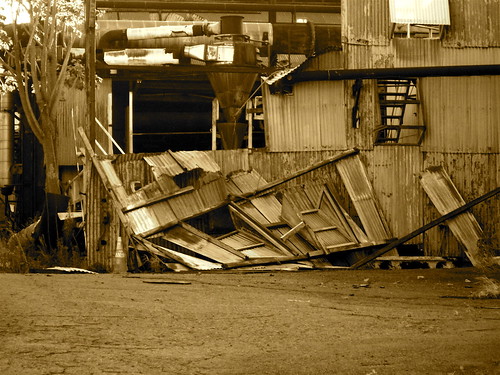“There is much beauty here, because everywhere there is much beauty.” – Rainer Maria Rilke
Every so often I encounter attempts to contrast the beauty of nature with the ugliness of human civilisation, but these efforts fail to affect me in their intended ways. They show me a herd of elephants grazing on an African savannah; they show me cars herding through the concrete jungle. They offer the beauty of an untouched coral reef; they cut to the coastline of a bustling city, sailboats and oil tankers waiting in the bay.
But to present humanity and man’s mark as a scourge on a naturally beautiful world neglects a fundamental truth of our nature. We are animals; we evolved from the same natural source as all the other living beings here. What’s more, we don’t even fully understand how our animal nature truly plays into our concepts of self-awareness, learning and knowledge; nor do we know to what extent our nature controls our thoughts and actions.
We are no more fundamentally good or bad than any other living beings, but we have the capability of self-judgment, of regret, of doubt. Films and images that try to portray humankind as the enemy of Nature use our own traits against us by telling us that what we’ve done to survive is somehow different from what the rest of the animal kingdom does to survive.
But we have created a different habitat for ourselves; we have established amazing control over our environment, enabling us not only to survive but to live comfortably even in areas of the world that we once could not endure.
Our cities, our roads, even our landfills are all attempts to deal with the needs of the living environments we have chosen… We can look at the waste of our daily life in the same way a lion sees a carcass picked clean, the same way they forget their excrement the moment they walk away from it — without ignoring the facts of how our actions affect our living environment.
The natural response to environmental change, whether caused by an animal’s own actions or by external forces, is adaptation, not self-loathing. By thinking of ourselves as unnatural or above nature, we all too often blame ourselves so severely for the degradation of our environment that we feel powerless to change what we’re doing.
But there is much wonder in nature because everywhere there is much wonder. If we can live in harmony with the idea that we are
a part of nature (and not apart from it) — we can evolve our minds, adapt our methods and survive.
By accepting that our complex creations — our cities and roads and technology, our gardens, our garbage, our temples and towers and our decaying skeletons of buildings — are as natural as a beaver dam or a lion’s den, we free ourselves from muddied, unclear thinking and free ourselves to do what we need to survive in concert with, rather than in spite of, the natural world.


